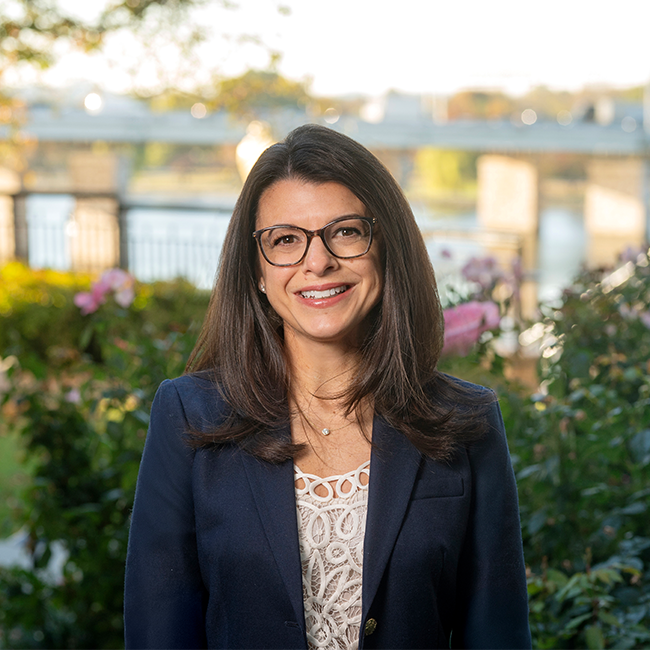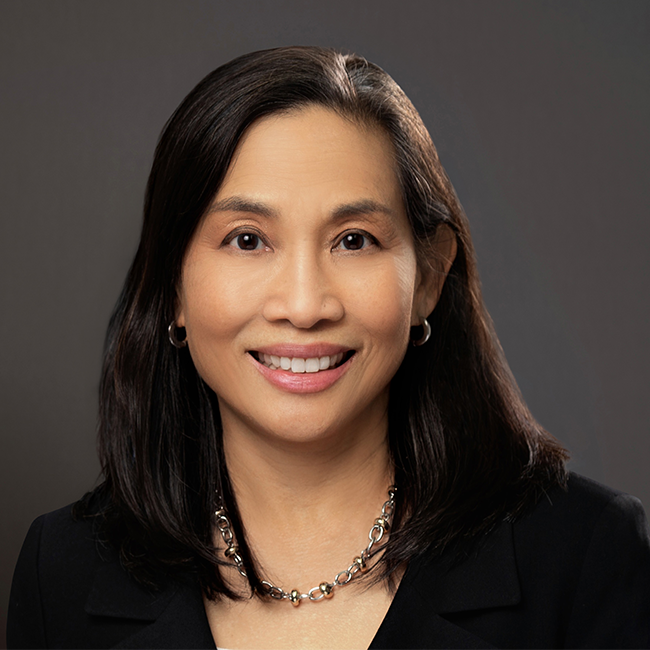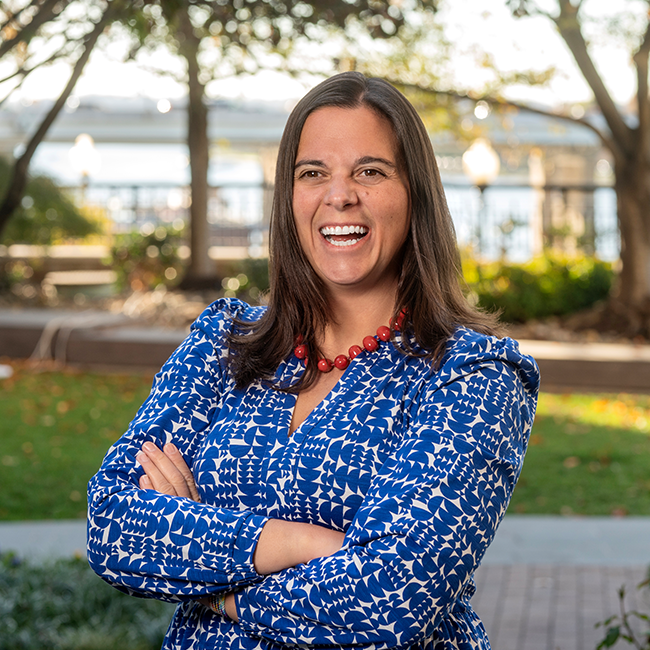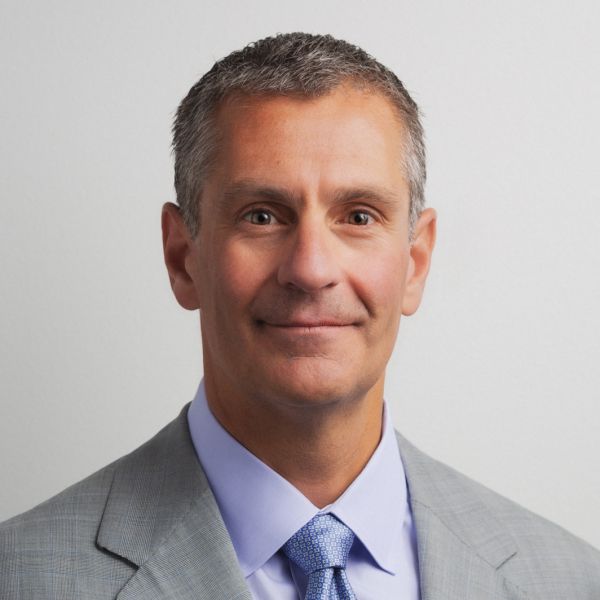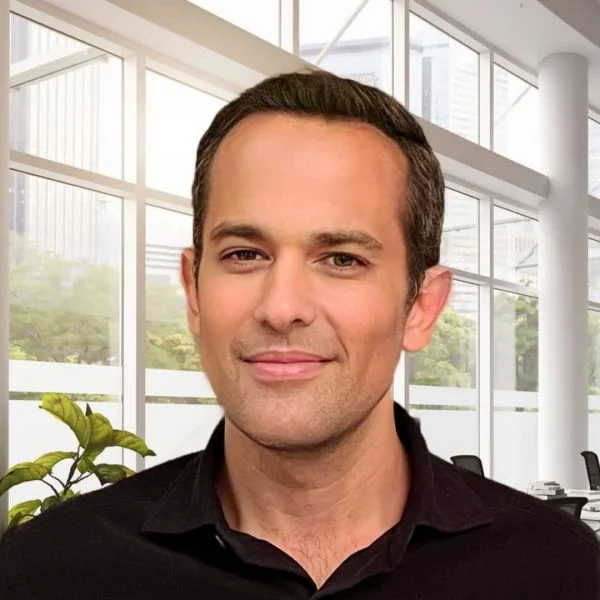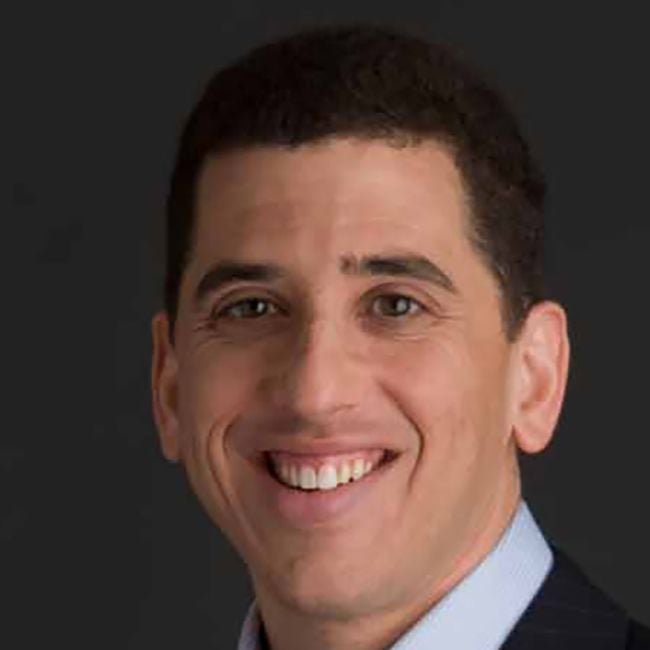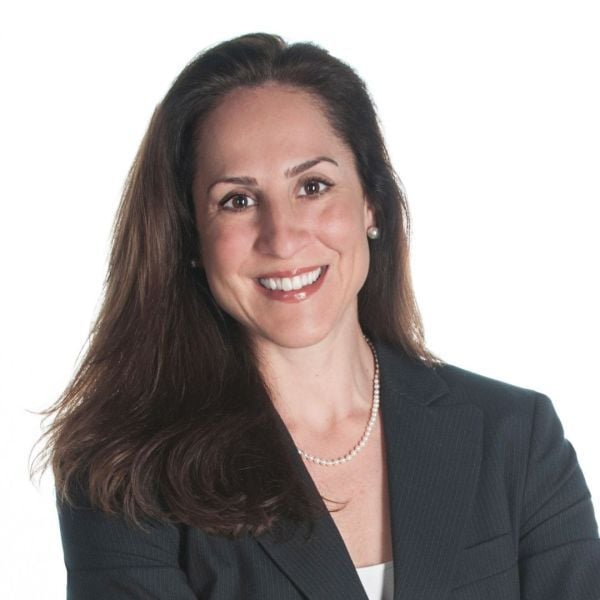
For far too many people in our communities, homelessness itself is a dangerous health condition. After Joyce Bigelow’s husband passed away, she lost nearly everything and found herself sleeping with her dog in the back seat of her truck at age 85.
Joyce’s Kaiser Permanente physician, Juan Muñoz Oca, immediately recognized the impact her housing situation was having on her health. Without safe, stable housing, access to nutritious food, and social support, it’s nearly impossible for anyone to maintain health and well-being.
These pressing social needs are increasingly difficult to meet for older Americans like Joyce. Between 2015 and 2060, the number of individuals over 65 will double; the number of individuals over 80 will triple. At the same time, the cost of retirement is growing far beyond what much of the population can afford. An estimated 35 million baby boomers lack any retirement savings, and only 27 percent think they’ll have enough money to cover health-care expenses as they age. According to a recent report by Feeding America, 5.5 million seniors don’t have access to the food they need to live a healthy life.
Fortunately, Joyce says, she had support. Dr. Muñoz Oca connected her to social health services navigator Maki Akiyama, who helped her apply for assistance and find a place to live. “I’m relieved. I have a place, my dog is safe, and I’m not going anywhere,” Joyce says.
Joyce’s story reminds us that health care extends beyond the clinic. There is an urgent need to facilitate the three components of successful aging—function, health status, and social inclusion—so that people can age with dignity and purpose. We believe that health-care providers, along with policymakers, public health advocates, community-based organizations, and social service agencies, can all contribute to creating a system that is more responsive to people’s needs as they age.
Kaiser Permanente is pursuing that mission in part by partnering with organizations to catalyze innovations for longevity and improved health outcomes. In 2018, we worked with Village Capital, a global venture capital firm that discovers, develops, and invests in entrepreneurs solving real-world problems, to convene an Aging Challenge Design Roundtable. The roundtable identified opportunities to improve health for aging populations in the workforce as well as enable aging at home—one of the top challenges facing seniors. Priorities included expanding caregiver support networks, assisting with managing finances, and organizing affordable support services.
In collaboration with technology company Unite Us, we created a transformative social health network, Thrive Local, that addresses individual’s pressing social needs, such as housing, food, safety, utilities, and more. Through our screening programs, we know food security, housing, and transportation are our communities’ most pressing needs. With Thrive Local, information from the network can be used by Kaiser Permanente and community partners to better understand the social needs of entire communities, identify gaps in care, and ultimately improve community conditions for health nationwide. The first network launched in our Portland market last summer, and additional networks continue to roll out throughout our entire footprint.
In another partnership with Bay Area Community Services, we are housing 515 aging, homeless adults over age 50 who have at least one chronic health condition and, at the same time, ensuring they have access to the benefits and services available to them to meet their basic needs on an ongoing basis. As increasing numbers of people grow old on the streets, keeping them well means finding them a safe place to live and addressing their full range of needs, from medical care and transportation to healthy food and social connection.
“I never imagined I would be homeless,” Joyce says. We have to resolve to keep it that way for all of our community members and not let experiences like Joyce’s become accepted as the status quo. With a broader understanding of what it means to maintain health and well-being as people age, I am confident we can create a more hopeful outlook for millions of people in the communities we serve.


